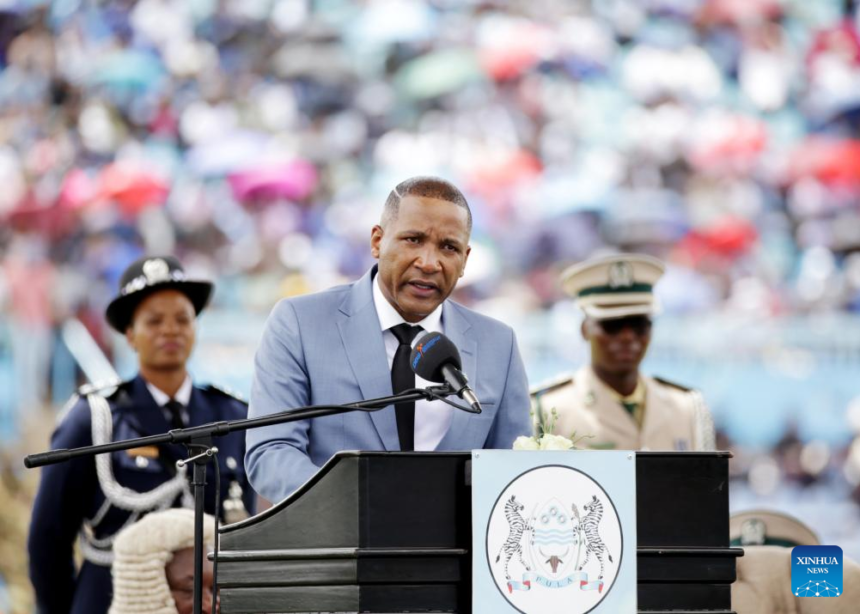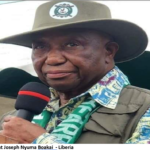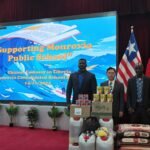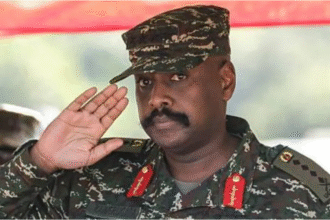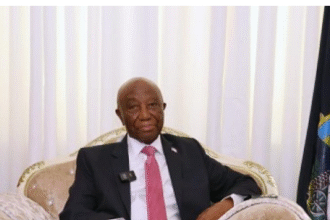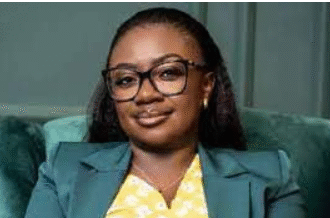Botswana’s newly elected president has told the London-based BBC that he wants undocumented Zimbabweans to be legalized in his country by granting them temporary work and residence permits.
“They do jobs that would otherwise not get done,” President Duma Boko told the BBC Africa Daily podcast before his historic inauguration last Friday.
According the United Nations and other international data, Botswana entertains the world’s second-largest community of Zimbabweans fleeing their country’s economic disasters.
Some southern African nations like South Africa often resent Zimbabweans in their countries, with arrests, humiliation and deportations taking place daily.
However, some believe President Boko’s decision is not likely to be popular in the diamond-rich southern African nation, but Boko, the 54 years leader, who has just unseated the ruling party that had been in power for 58 years, said it was part of his plans to revive the economy.
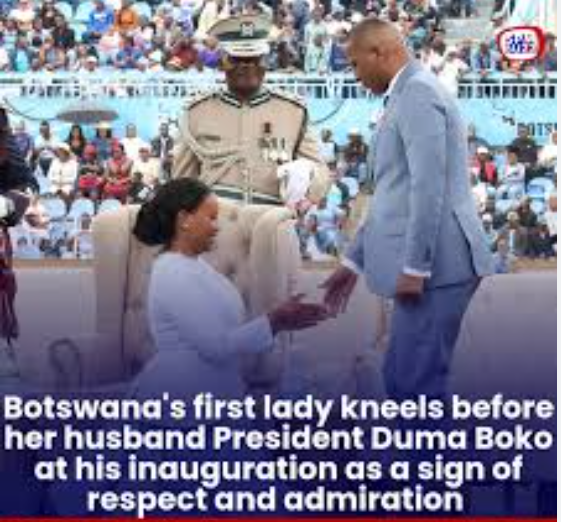
Even though it is uncertain as to how many Zimbabweans are in Botswana, several reports say thousands have been coming back and forth since Zimbabwe’s economy imploded because of hyperinflation two decades ago.
Available statistics show that Zimbabweans account for 98% of what is termed “irregular migrants” in the country.
Answering to a parliamentary question earlier this year, a Botswana’s minister said that from 2021 to 2023, out of a total of 13,489 recorded, 13,189 were Zimbabwean nationals.
Boko, a human rights lawyer who founded the Umbrella for Democratic Change (UDC) party in 2012, is at pains to show he is a man of the people, encouraging colleagues around him to take selfies.
“A lot of these workers from Zimbabwe perform tasks that the citizen finds unattractive… they do jobs that would otherwise not get done and so there’s no conflict there,” Boko said.
“In any and every construction site in Botswana the majority of people with those skills are from Zimbabwe, so we need to do a twin Programme of allowing them to come in and we utilize the skills that they have and in the process of utilizing these skills we also engage in some sort of skills transfer,” he said.
“We can’t stop people with skills from coming in when we don’t have the skills ourselves – we need to develop these skills and it takes time, so in the interregnum we need to have them come in properly, come in legally and be rewarded appropriately for the skills that they bring.”
He says his intention is to break down barriers and “make sure everybody has easy access, not just access to come close, but also bring ideas and suggestions”.
His main focus – and the reason behind his victory – is his promise to improve the economy.


